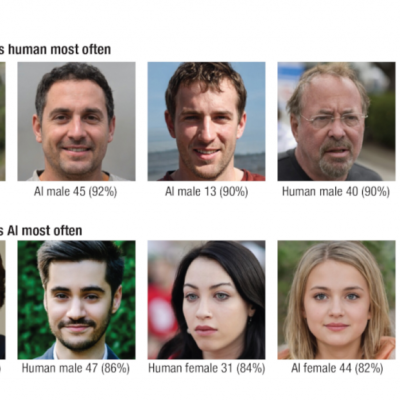A recent study conducted by an international team of scientists has found that human intelligence continues to increase until the age of 35, after which cognitive performance plateaus. The study analyzed 24,000 chess games played between 1890 and 2014, comprising a total of 1.6 million moves, to investigate how intelligence develops over a person’s lifetime. The researchers also compared the cognitive abilities of current and former chess professionals to determine whether there were any significant differences. The study found that until the age of 35, humans continue to become increasingly intelligent, but after that, cognitive performance levels off.
The researchers used chess as a means of studying intelligence because it is a cognitively complex task. They compared the moves made by professional chess players during tournaments with those that a chess computer would consider optimal. This allowed them to determine the number and size of errors made by the players during their games. Using a mathematical model, the researchers then created a curve that accurately shows the individual performance trajectory of each player over time. The curves also show the average level of chess professionals over the 125 years covered by the study.
The study found that cognitive abilities are age-dependent, with humans becoming increasingly intelligent until the age of 35, after which cognitive performance levels off. The researchers also found that chess players today make more intelligent moves than their counterparts did 120, 80, or 15 years ago. The study suggests that modern conditions, such as digital technologies, have a significant impact on the development of cognitive abilities. The researchers believe that the modern human needs to develop better cognitive abilities to cope with these technologies, which were not present in earlier generations. However, the study has a limitation in that it could not evaluate the intelligence of the participants as seniors, as chess professionals typically retire around the age of 50.










